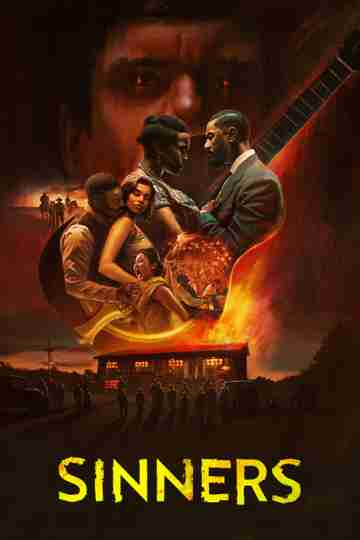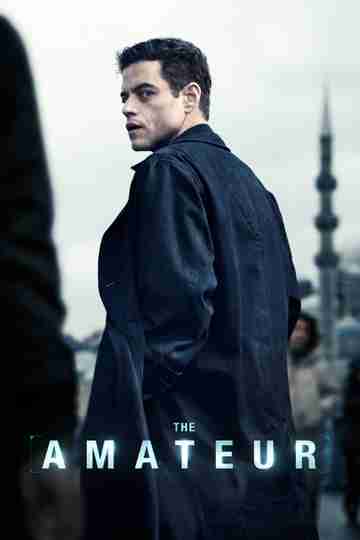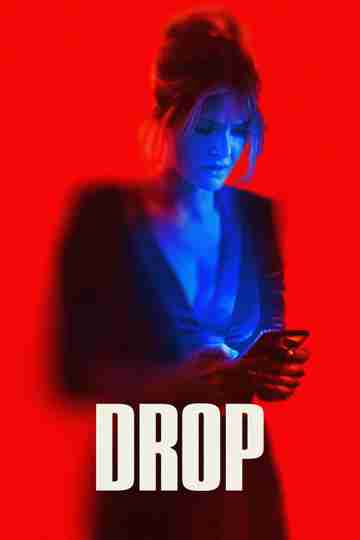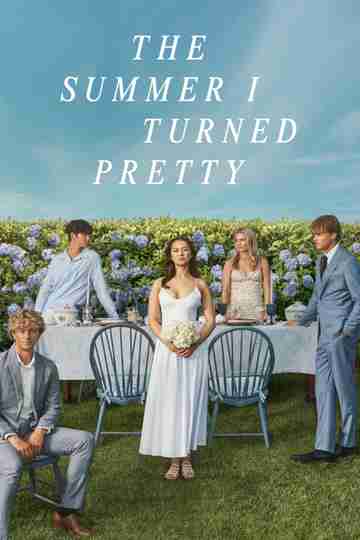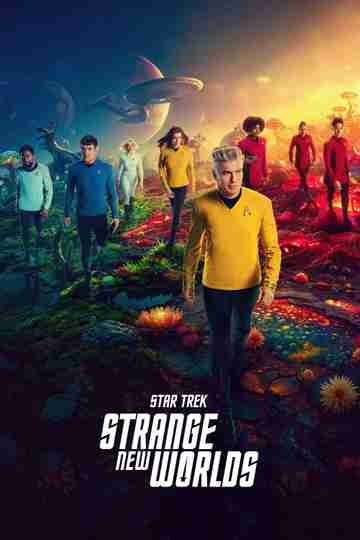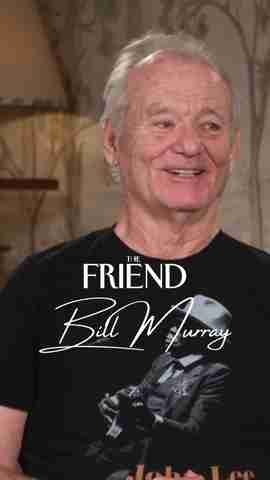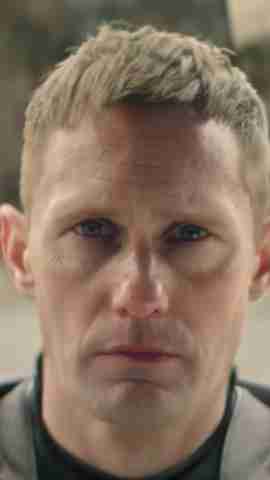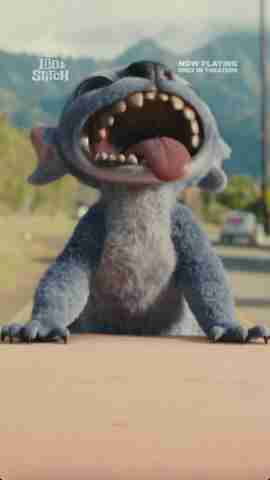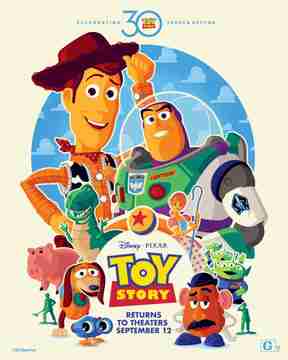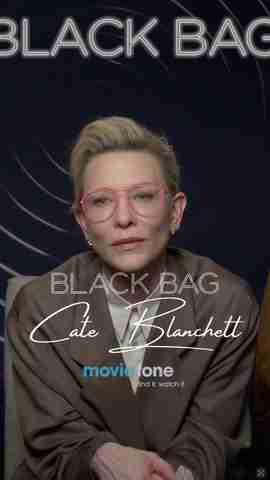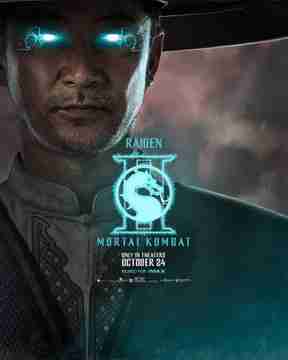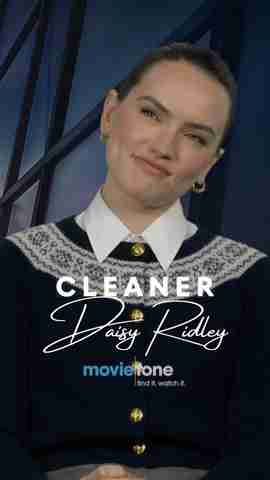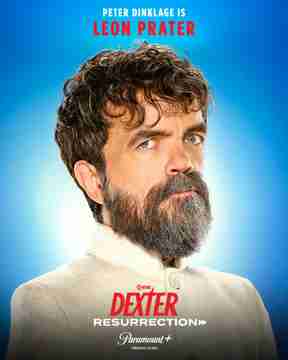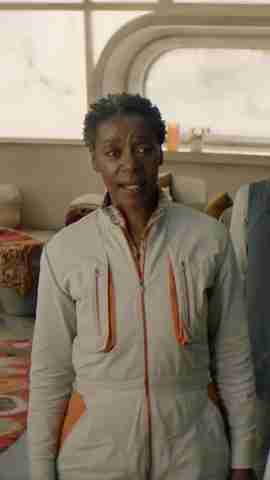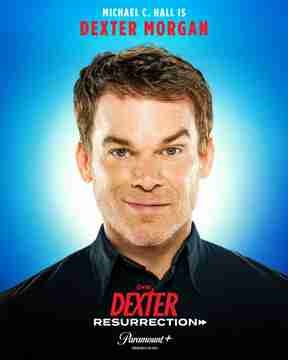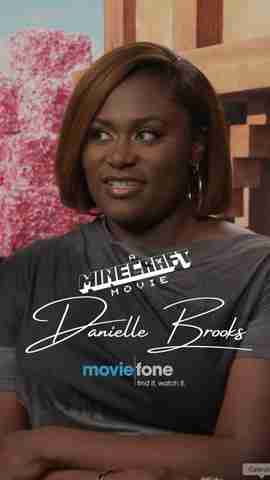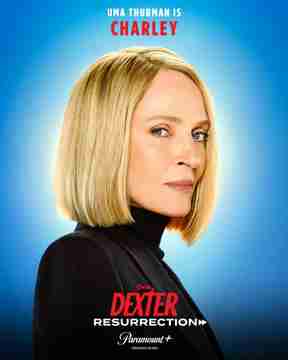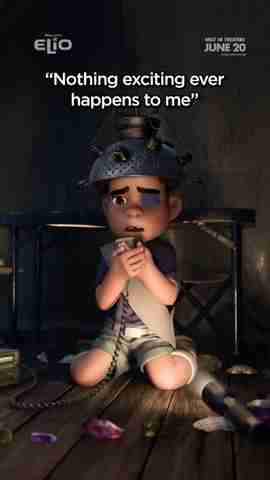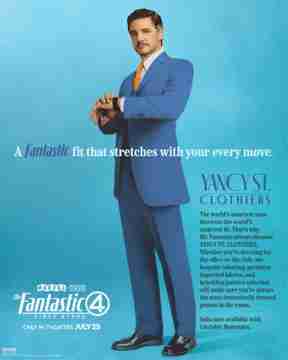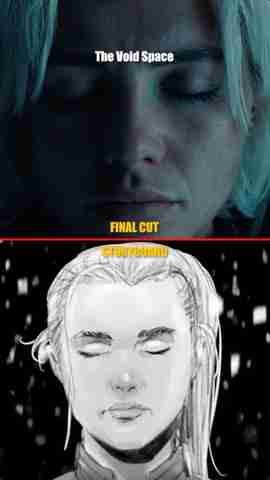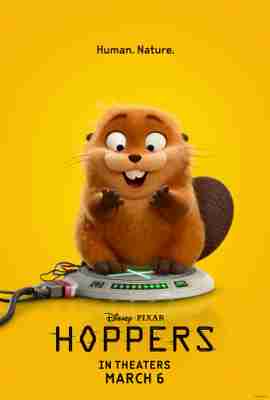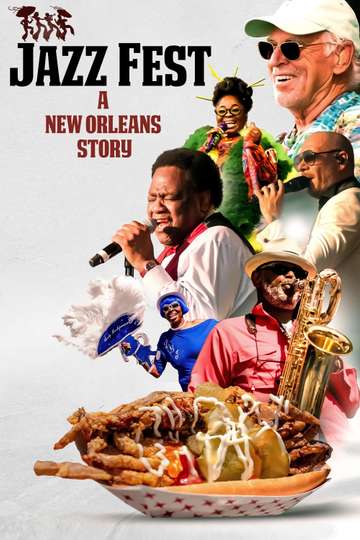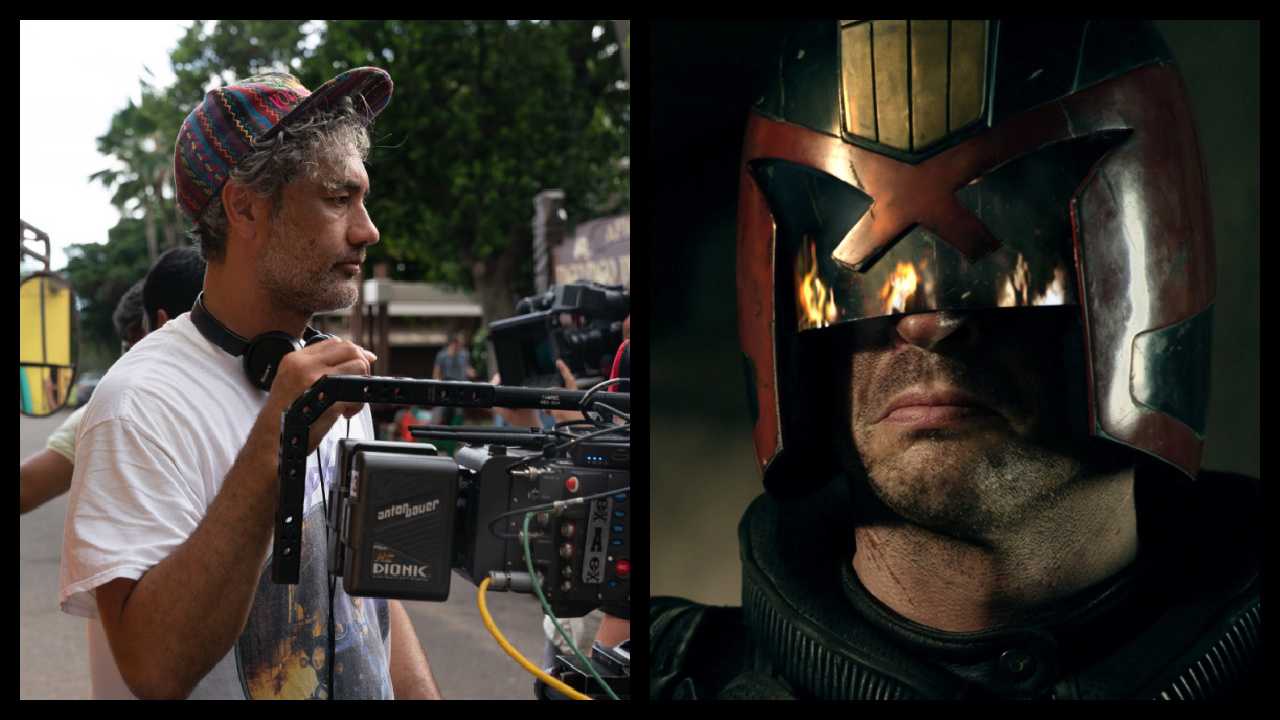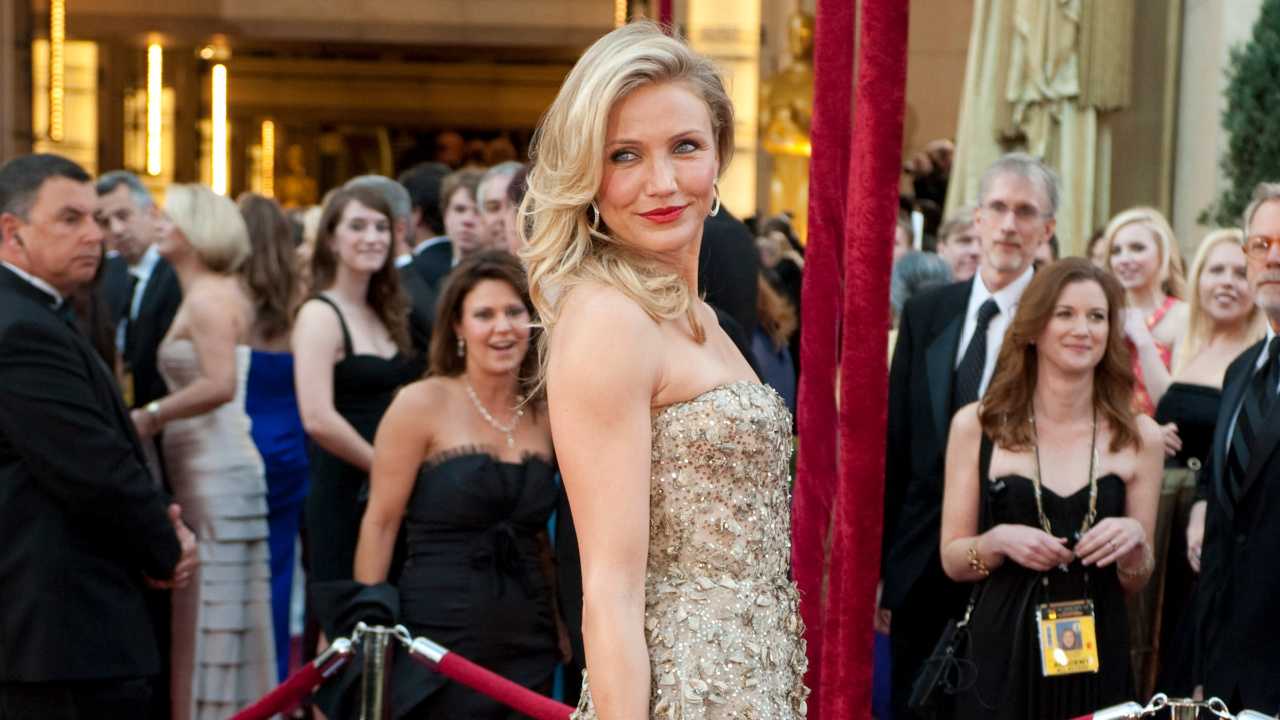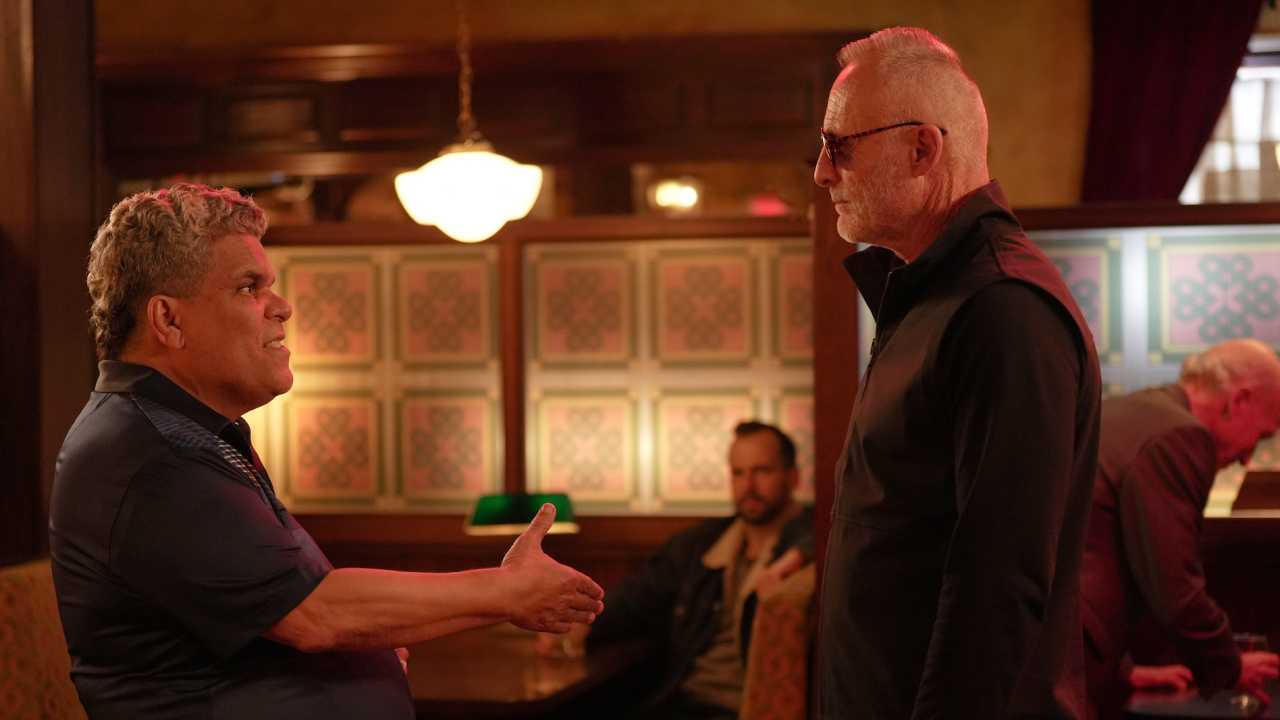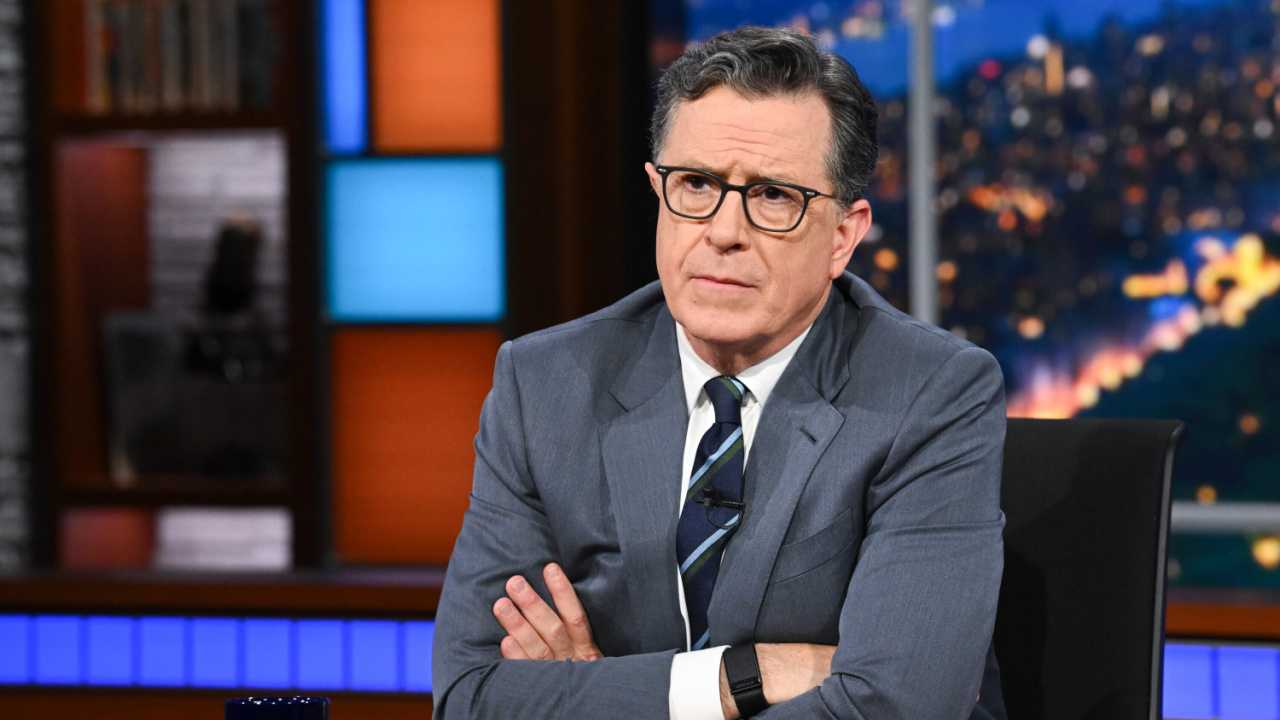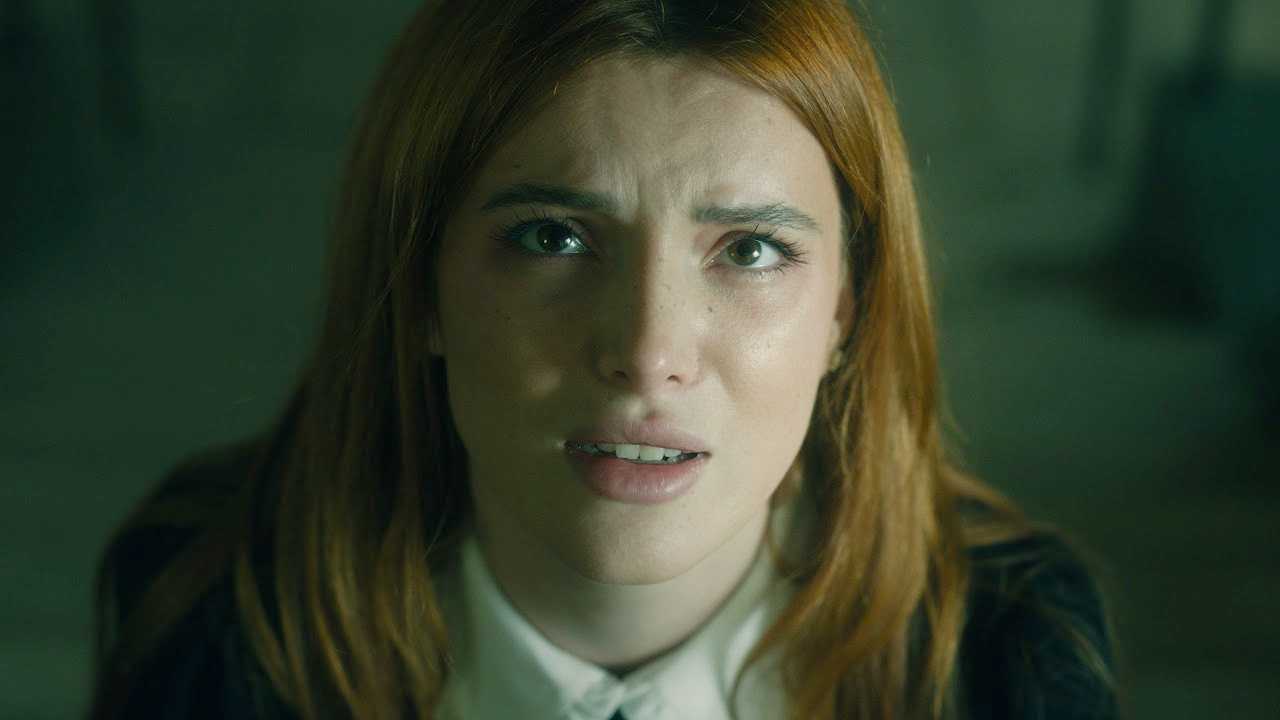Director Frank Marshall Talks Documentary ‘Jazz Fest: A New Orleans Story’
The director of ‘Arachnophobia’ and the producer of ‘Raiders of the Lost Ark’ discusses his new documentary about the legendary New Orleans’ Jazz & Heritage Festival.
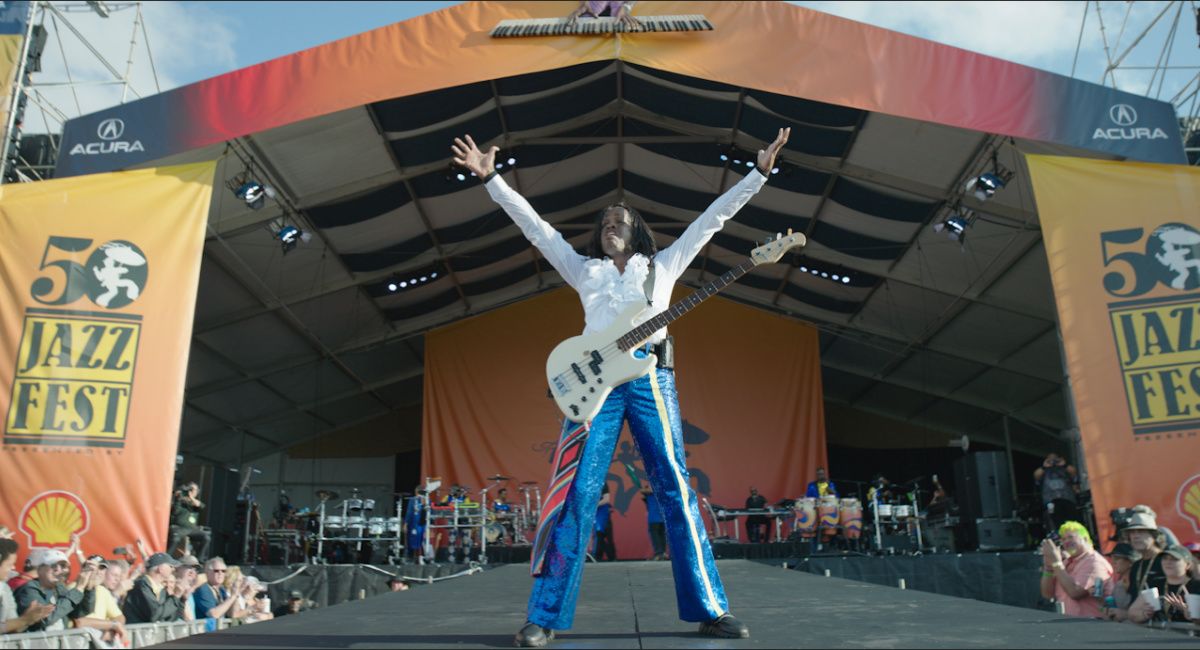
Earth, Wind, and Fire at New Orleans Jazz & Heritage Festival. Courtesy of The Kennedy/Marshall Company. Courtesy of Sony Pictures Classics.
Opening in theaters in New York and Los Angeles on May 13th is the new documentary ‘Jazz Fest: A New Orleans Story,’ from director and producer Frank Marshall, and co-director Ryan Suffern.
The documentary celebrates 50 years of the legendary New Orleans Jazz & Heritage Festival, which celebrates New Orleans' unique culture of food and music. Featured in the film are Jimmy Buffett, Bruce Springsteen, Katy Perry, Pitbull, Al Green, Herbie Hancock, Aaron Neville, Earth, Wind & Fire, and many other musicians and celebrities.
Frank Marshall began his career as a producer on Peter Bogdanovich’s ‘Paper Moon,’ ‘At Long Last Love’ and ‘Nickelodeon,’ before teaming with Steven Spielberg on some of his most famous films including ‘Raiders of the Lost Ark,’ ‘The Color Purple,’ Empire of the Sun,’ and ‘Hook.’
Marshall would go on to produce such beloved movies as ‘Poltergeist,’ ‘Who Framed Roger Rabbit,’ ‘The Sixth Sense,’ ‘Signs,’ ‘Seabiscuit,’ ‘The Bourne Supremacy,’ ‘The Curious Case of Benjamin Button,’ ‘Sully,’ and most recently the ‘Jurassic World’ trilogy, with ‘Jurassic World Dominion’ scheduled for release on June 10th. He is also a producer on the upcoming untitled fifth ‘Indiana Jones’ movie, directed by James Mangold (‘Logan’).
As a director, Marshall is best known for helming ‘Arachnophobia,’ ‘Alive,’ ‘Congo,’ and ‘Eight Below,’ as well as ‘The Bee Gees: How Can You Mend a Broken Heart,’ which marked his directorial debut as a documentary filmmaker.
Moviefone recently had the pleasure of speaking with director Frank Marshall about his work on ‘Jazz Fest: A New Orleans Story.’
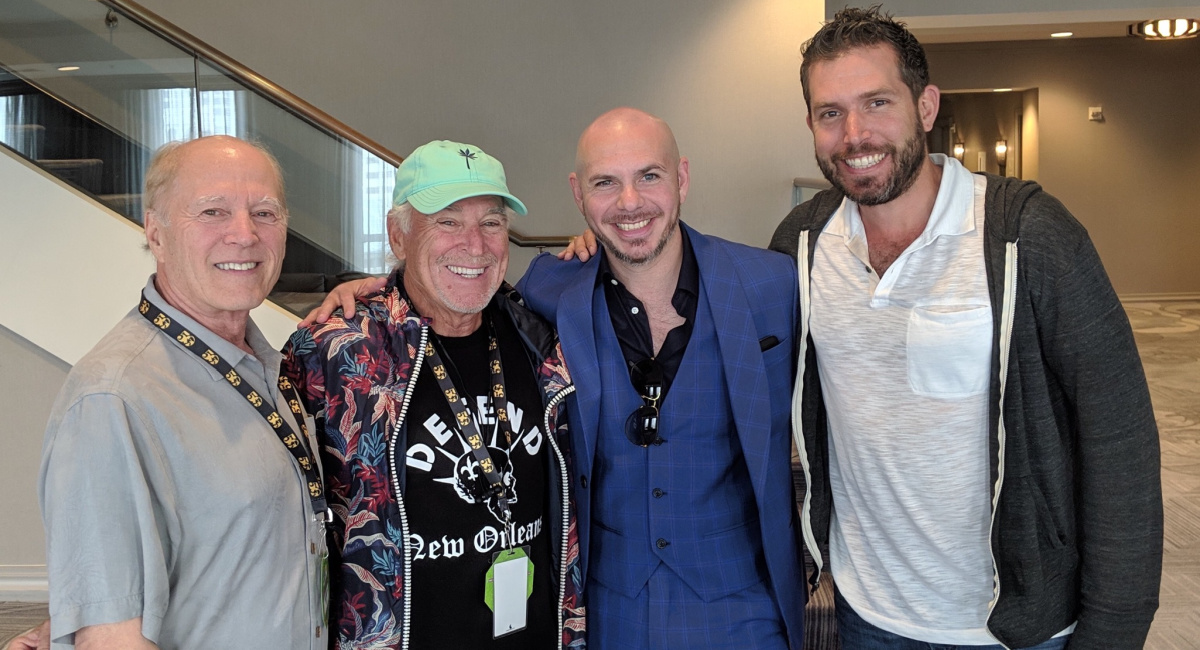
(L to R) Director Frank Marshall, Jimmy Buffet, Pitbull and director Ryan Suffern. Courtesy of The Kennedy/Marshall Company. Courtesy of Sony Pictures Classics.
Moviefone: To begin with, can you talk about how you got involved with this project and why now was the right time to tell the story of New Orleans Jazz Fest?
Frank Marshall: Well, it was one of those situations where I was in the right place at the right time. I was at an after-concert meeting and I met Quint Davis, who was the co-founder of Jazz Fest. That was back in the summer of 2018. He was talking about the 50th anniversary of Jazz Fest coming up in 2019 and they wanted to do something special like a documentary. I said, "Well, you're talking the right guy. I love Jazz Fest. I love music and I love documentaries.” So, it all started with a meeting with Quint Davis.
MF: You filmed at the 2019 Jazz Festival, and it is a huge event with different acts playing on different stages at the same time. How did you decide which artists to film and include in the movie?
FM: Well, that's a good question, because again, the key to that was Quint Davis. We obviously knew we couldn't cover all of the artists that were there, that's why actually there were two directors, Ryan Suffern and myself, because we really had to divide up what we covered. Quint was very good at being able to give us both the old and the new artists, and the artists that he felt had been representative of what the festival is really all about, which is culture and heritage and the universal language of music.
As you know, it's not just jazz. It's blues, gospel, and rock. It's all different kinds of music. We had three different camera crews, and we split the three crews up sometimes, or we brought them all together sometimes. So, it had a lot to do with the logistics and the planning was very important.
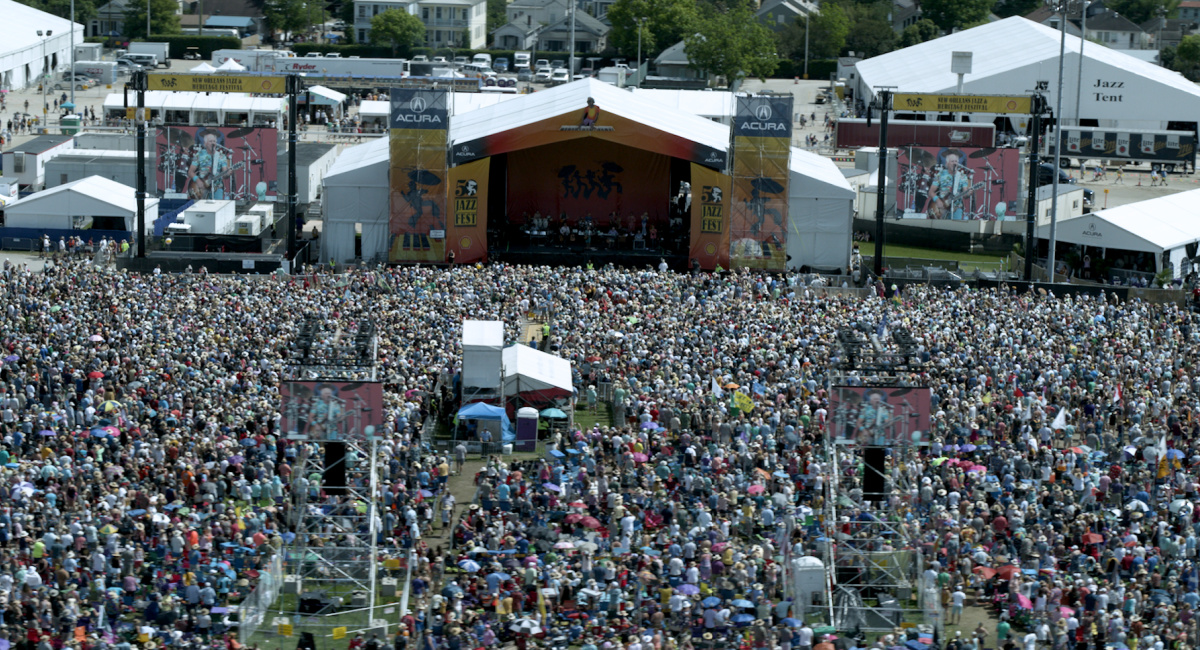
2019's New Orleans Jazz & Heritage Festival. Courtesy of The Kennedy/Marshall Company. Courtesy of Sony Pictures Classics.
MF: Can you also talk about looking through the festival’s archive footage and how you decided what you wanted to include in the film?
FM: Well, there is a foundation, the New Orleans Jazz and Heritage festival Foundation, and they are the keepers of the archives. I have to say it's one of the things I love about making documentaries, is it's kind of like a little treasure hunt. Every once in a while, you get a gold to bloom, and when we found the 16-millimeter footage of George Wein at the first Jazz Fest with Mahalia Jackson, we knew we just had something that was very special. They kept providing us with all of the photos and the footage from the previous festivals for the past 50 years.
MF: Can you talk about interviewing festival founders George Wein and Quint Davis and the importance of their work to keep Jazz Fest going after all these years?
FM: It's obvious, you really see it in the footage, that they are passionate, not only about the music, but about New Orleans and Louisiana. This is really probably the only place that this could have come together because, I call it a gumbo of music and culture. It really connects to the people that it's the birthplace of jazz and they want to celebrate that. Being able to talk to the two founders was pretty incredible. They're still as enthusiastic now as they were back then.
MF: You ended the section in the film about gospel music with Katy Perry’s performance at 2019’s Jazz Fest. Did you know she was going to sing a gospel song in her performance before you started filming?
FM: Yes, actually I had a moment to talk to Katy Perry and I did discover that she was sort of brought up on gospel and obviously we knew that she would have this giant gospel choir behind her for her number. So, it's kind of made sense to include because gospel leads to all different kinds of music. It's a foundation for all different kinds of music, and that then transitioned into Katy Perry with that wonderful gospel choir behind her.
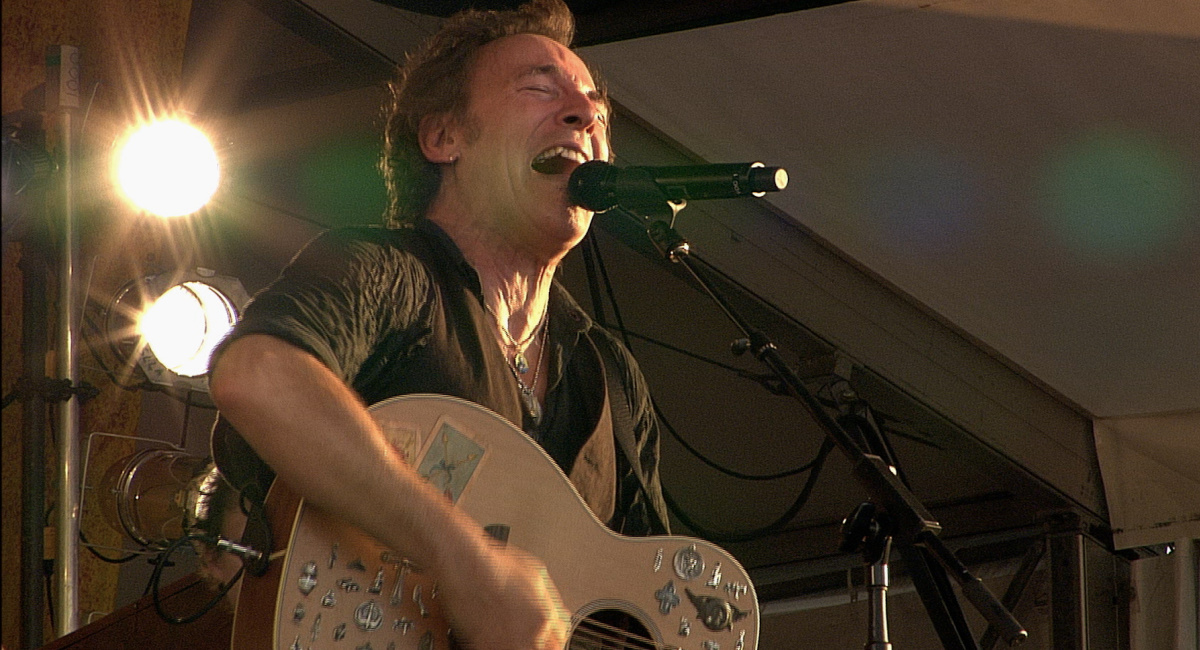
Bruce Springsteen atNew Orleans Jazz & Heritage Festival. Courtesy of The Kennedy/Marshall Company. Courtesy of Sony Pictures Classics.
MF: You can’t tell the story of New Orleans without telling the story of Hurricane Katrina. Can you talk about that section of the movie, as well as interviewing Bruce Springsteen about his legendary 2006 Jazz Fest performance of ‘My City of Ruins?’
FM: The Katrina section was just incredible. I was actually down there right after Katrina. We were trying to prep ‘Benjamin Button’ back in those day, so I knew the immense impact that that hurricane had on that city, and as Quint says, “Why rebuild?” He said, “We're coming back.” What it meant to the people of the city to have Jazz Fest come back is that it brought them back. It's sort of the perseverance, not only of Jazz Fest, but of the city and Bruce Springsteen's first visit to Jazz Fest was at that time.
To have him feel the audience, bring them back and preach to them that it's all going to be okay. New Orleans was back. It was just one of those special moments where music can bring you hope, which is kind of what I hope the movie does. The first time Jazz Fest was ever canceled was because of the pandemic, so we wanted to bring the world back with both Jazz Fest and this movie.
MF: Finally, Jazz Fest is not just about music, but it is also about New Orleans food and culture. Can you talk about the importance of food at Jazz Fest and did you eat anything you really loved while you were making this film?
FM: Well, yes, food is a very important element of Jazz Fest and Quint calls it the world's greatest backyard barbecue. That's what it is. You walk around, and you hear great music. There's a lot of great smells and flavors in the air as well. I have to say that I just love the seafood gumbo. That's my favorite. I could eat that all day.
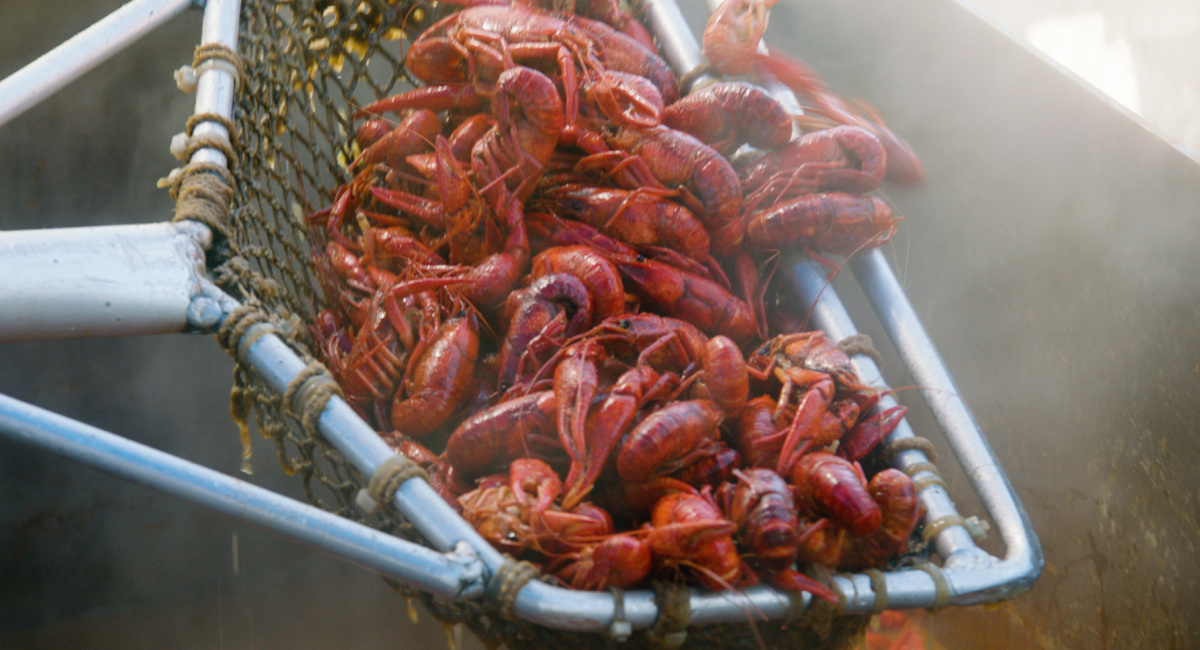
Courtesy of The Kennedy/Marshall Company. Courtesy of Sony Pictures Classics.
Jazz Fest: A New Orleans Story

